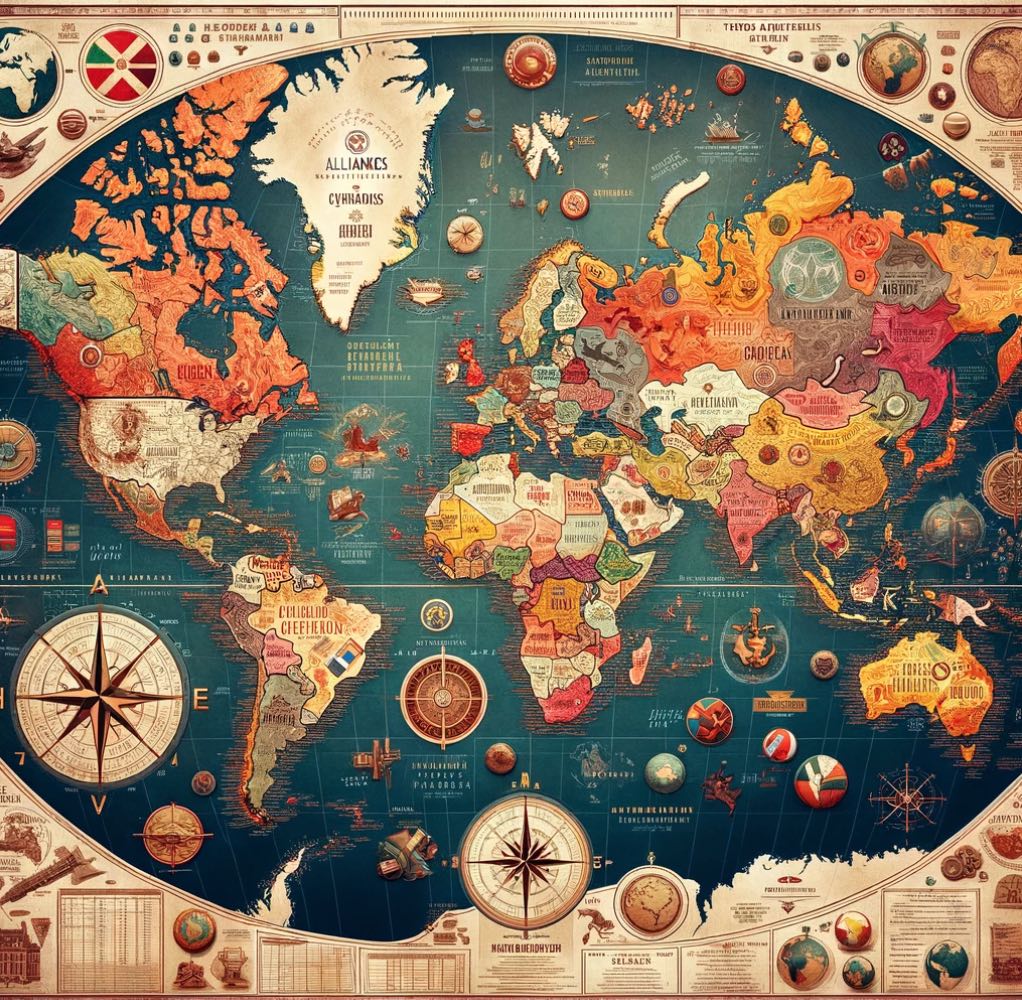Perspectives
The PlayStation 5 and Xbox Series X represent the latest in gaming technology, each offering unique features, exclusive titles, and powerful hardware. This article provides an in-depth comparison of these two next-gen consoles, evaluating their performance, design, game libraries, and overall value to help gamers decide which console is right for them.







